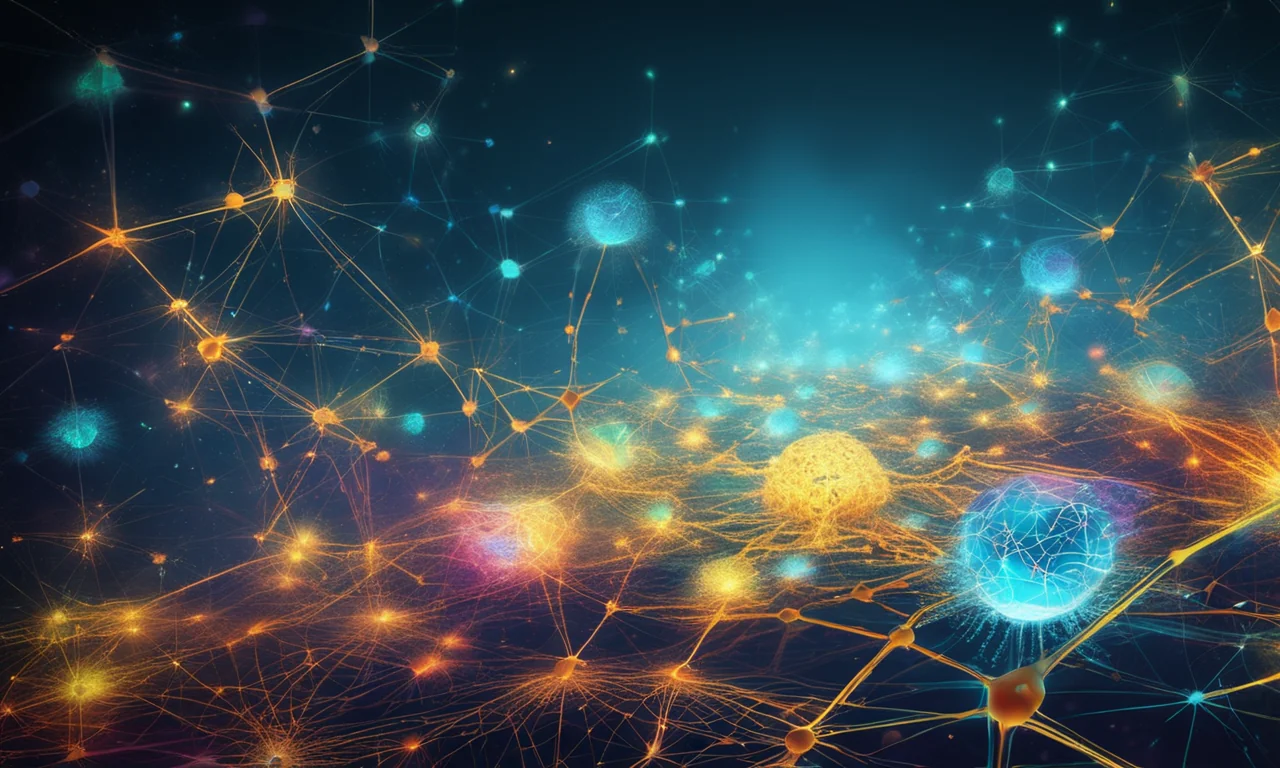
AI-Designed Viruses Signal Breakthroughs in Medical Innovation
The surge in artificial intelligence investment and regulation is reshaping biotechnology and creative industries.
Today's Bluesky conversations around artificial intelligence offer a panoramic view of the field's explosive growth, regulatory tension, and imaginative potential. From breakthroughs in AI-generated life to billion-dollar tech investments, and from calls for ethical guardrails to creative new uses, the discussion is vibrant and multidimensional. Let's distill the day's top insights across three interwoven themes: technological leaps, regulatory urgency, and the creative evolution of AI.
From AI-Designed Life to Medical Innovation
Bluesky users were captivated by reports of AI-designed viruses, marking a new era where artificial intelligence models are now able to generate genome-scale sequences that target and destroy antibiotic-resistant bacteria. This leap isn't just theoretical—16 of 302 AI-generated phages successfully infected E. coli, hinting at transformative applications in biotechnology and medicine. The research, led by Brian Hie and Samuel King, signals that AI may soon play a central role in designing therapies for hard-to-treat infections.
"The next step is AI-generated life, but a lot of experimental advances need to occur in order to design an entire living organism."- @ban-cbw.bsky.social (2 points)
This momentum extends into health AI, as the Cedars-Sinai PhD program announcement reflects growing demand for expertise in areas like ethical machine learning, imaging, and clinical applications. Meanwhile, Radiology: Artificial Intelligence highlighted the proliferation of open medical imaging datasets, facilitating more diverse and accurate AI training—a vital step for equitable healthcare innovation.
The Race to Lead and the Push for Regulation
Major investments and national ambitions are fueling intense competition in AI's global race. Nvidia's decision to invest $100 billion in OpenAI exemplifies the scale at which leading companies are forging alliances to accelerate superintelligence, while South Korea's homegrown AI efforts demonstrate how nations are striving to rival the likes of OpenAI and Google. These moves are set against a backdrop of debate over the value of chasing Artificial General Intelligence versus more practical, impactful AI, as noted in critiques of the U.S. focus on AGI at Artificial Intelligence News.
"Superintelligence isn't just about automation, it's about AI exceeding human capabilities across the board. Big implications for the job market & society."- @skullxnews.bsky.social (0 points)
This rapid escalation is prompting urgent calls for oversight. Celebrities and advocates are pressuring California's governor to regulate AI, as highlighted in the California Politics Huddle's bulletin. The emphasis on AI security, ethical literacy, and constitutional frameworks in posts like USA's “Scroll of Spoon Resilience” reflect growing awareness of the risks and responsibilities that come with such technological power.
AI's Creative Renaissance and Cultural Impact
AI is not only changing science and industry—it's redefining storytelling and cultural production. The launch of ANDIES, a sci-fi series built with AI tools, demonstrates how generative technologies are inspiring new forms of narrative and visual art. As creators blend human imagination with machine intelligence, the boundaries between creator and tool continue to blur, giving rise to experimental, genre-bending projects.
"Looks awesome, fellow sci-fi fan and writer here—love seeing AI and cyberpunk colliding like this!"- @andersedwards.bsky.social (0 points)
Even humor and satire find a place in the AI discourse, as seen in USA's poetic resistance post, which channels creative energy into exploring AI's societal realities and ethical challenges. From cinematic experiments to whimsical social commentary, today's Bluesky discussions show that artificial intelligence is not just a tool—it's a catalyst for cultural reinvention and collective reflection.
Every subreddit has human stories worth sharing. - Jamie Sullivan